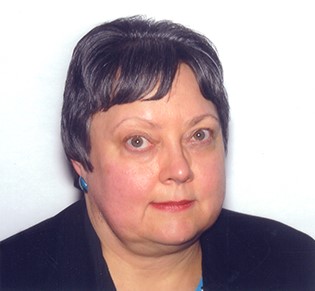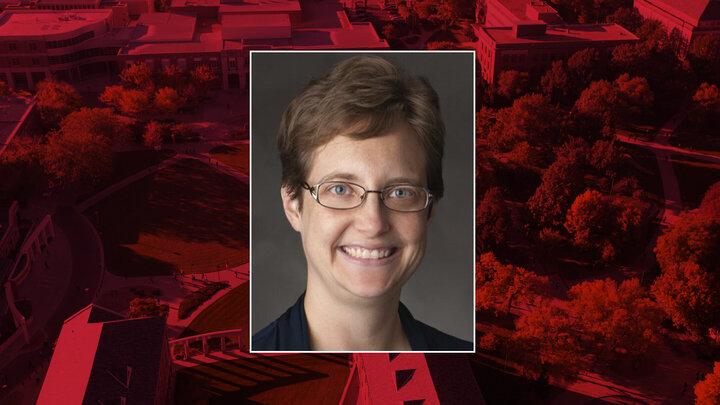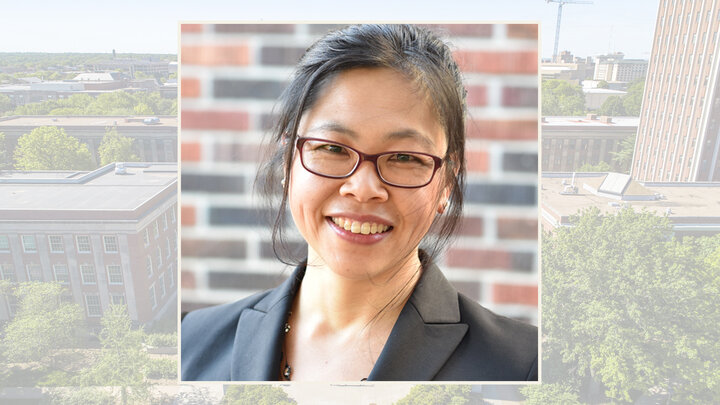Linda Bors was in first grade when she realized how much she loved numbers. In seventh grade, the Crete, Nebraska, native started imagining pursuing a career in math.
As an undergraduate math education major at the University of Nebraska-Lincoln, Bors turned those imaginings into reality.

She’s grateful for the personal connections she had with her instructors, in particular her undergraduate advisor Jim Lewis, considering the large size of Nebraska.
“I was a very serious student and really appreciated math professors noticing that I always came to class prepared and asked questions as needed,” Bors said.
After graduation, Bors pursued her MBA while teaching at Morton Junior High School in Omaha. She took 6 credits each semester while teaching a full-time program that emphasized teacher-developed worksheets.
“I did not take much time for fun, but fortunately, I enjoyed my business classes very much,” Bors said.
She wanted to use math background and business skills in her career, so she became a market research analyst at InterNorth in the Liquid Fuels Division. A later change in leadership meant she would have to move to Houston, which was out of the question for Bors.
Instead, she became an Air Force civilian at the U.S. Strategic Command. She was able to use her math, computer, and business skills in her work, which included programming, military modeling and simulation, developing advanced spreadsheets, and determining military requirements for various programs. She also put her analytical and financial skills to good use as her division’s financial manager when it received millions of dollars for new modeling development.
An especially proud moment for Bors came when she was asked to analyze the value of flying hours in the training bomber and tanker crews, a task which had been previously unsuccessful.
“I used learning curve concepts in the ‘art’ of conducting this quantitative analysis and was successful,” Bors said. “I received both an award and a salary increase for this work.”
One takeaway she had from these experiences was being able to see the relationship between her academic background and the real world.
“Although mathematics is considered a science, applied analysis is also considered an art due to the creativity needed in developing an analytical technique for a specific application and being able to apply it,” Bors said.
Since retiring in 2017, Bors attends events such as community theater shows, Omaha Broadway shows, and events focused on community betterment and public policy. She takes on major projects in her neighborhood. She also volunteers by planning and organizing events and offering computer support for communications, research, and database development.
Her travels have included places inside the continental U.S. and Costa Rica, and she plans to visit China and Germany soon.
Bors’ Czech heritage has always been an important part of her life, but she didn’t become interested in local history until she did ancestry research in 2014. “Czech foods and way of life were all around me” through childhood, Bors said.
The advice Bors gives to current students comes from her experience combining a variety of skills in her career: “There’s a need to keep up with today’s technological world from many perspectives.”




